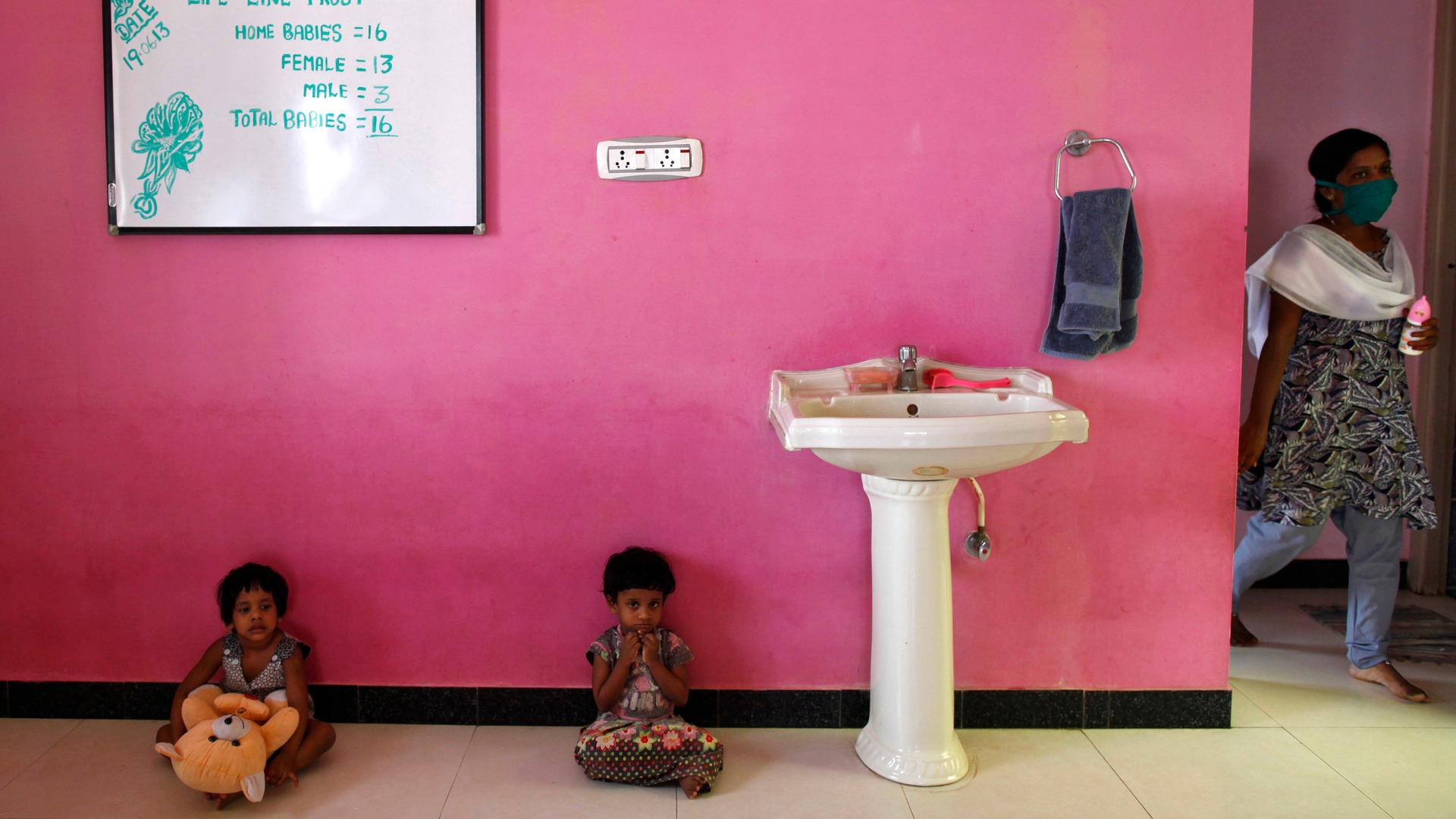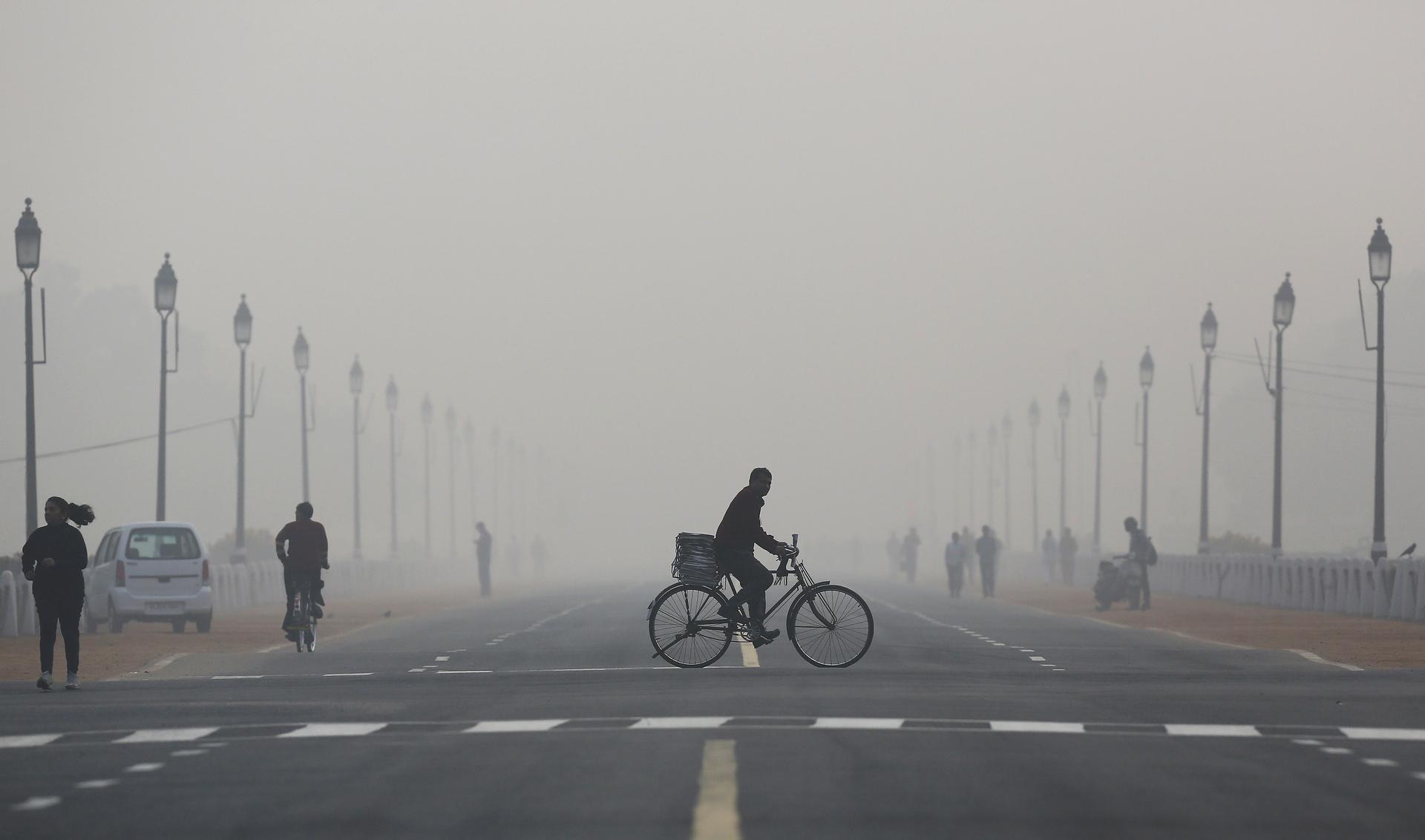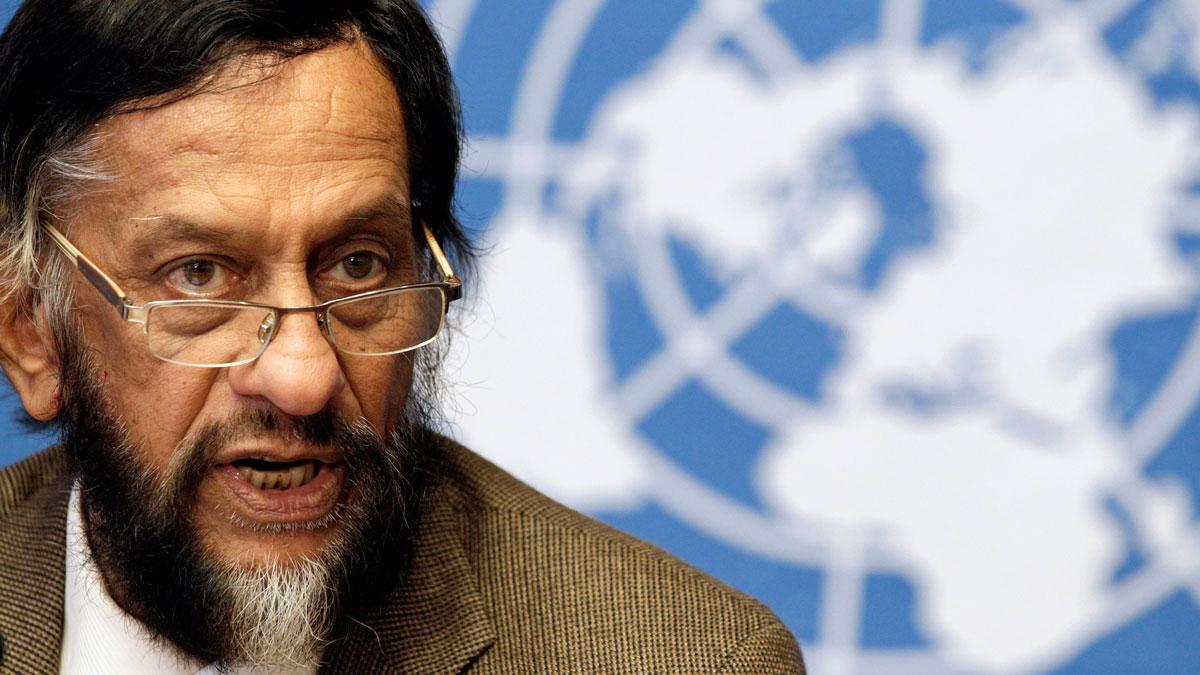Rhitu Chatterjee
Rhitu Chatterjee is a Delhi-based journalist.
Rhitu Chatterjee is a contributing correspondent with PRI’s The World. She lives in New Delhi and covers stories about the environment, health and development, and places where they intersect.She has covered the legacy of the world’s largest industrial disaster, the Bhopal gas tragedy of 1984 and how it spurred American communities into action. She has reported on efforts to restore the banks of one of India’s most polluted rivers, the Yamuna.In 2014, she received a reporting grant from the Pulitzer Center on Crisis Reporting to investigate India’s free school lunch program, one of the largest anti-poverty programs in the world.In the past couple of years, Rhitu has added gender issues and gender violence to her beat. She goes beyond the breaking news about gender violence to document how men and women in India are grappling with shifting gender roles. Her story about an epidemic of a mysterious kind of chronic kidney disease in Sri Lanka and her story about how a 12 year-old girl in rural India is navigating changing gender roles were both finalists for the South Asian Journalism Association’s journalism awards.Rhitu also contributes to NPR shows like All Things Considered and its new development blog, Goats & Soda. Her work has also appeared in Science magazine, Environmental Science & Technology, and NPR’s Morning Edition.She did her undergraduate work in Darjeeling, India and she has an M.A. in journalism from the University of Missouri, Columbia.
A lynch mob killed a man in India — after rumors he ate beef
Earlier this week, there was news of a gruesome murder in a village in northern India. A 50-year-old Muslim man named Mohammed Akhlaq was killed by a lynch mob. The reported motive? Rumors that his family had been storing and consuming beef at home, angering Hindus in the village. The cow is considered a sacred animal by many Hindus. It’s a case which has shocked much of India.
Indian college women push back against curfews
Indian colleges and universities worried about attacks against their female students have imposed curfews to keep them from leaving their dorms at night. But the students are pushing back with a campaign called “Pinjra Tod,” which means “break the cage.”


